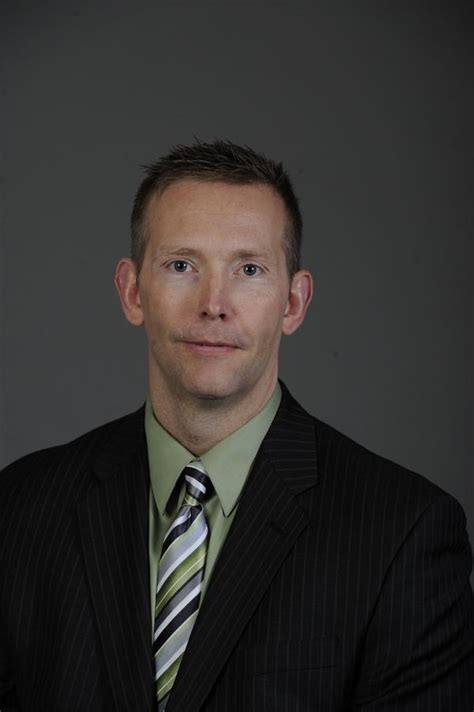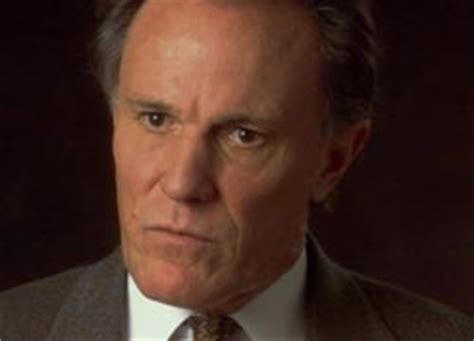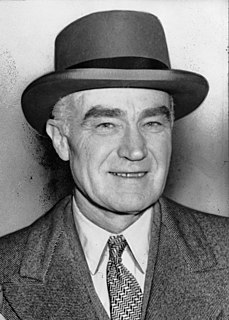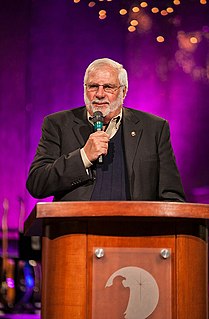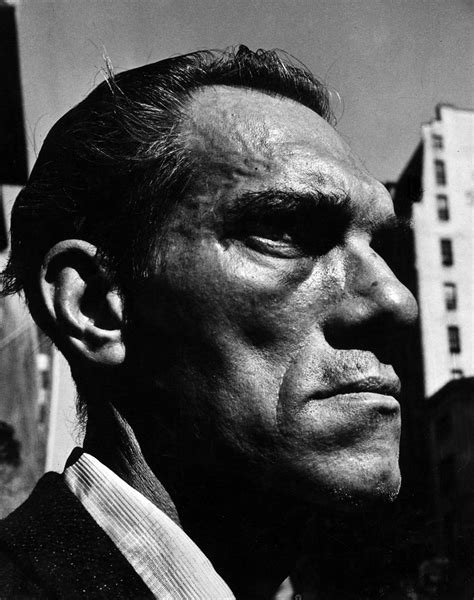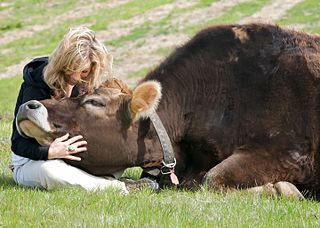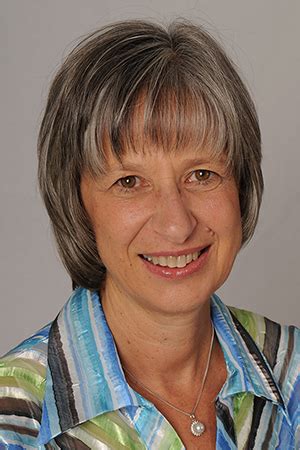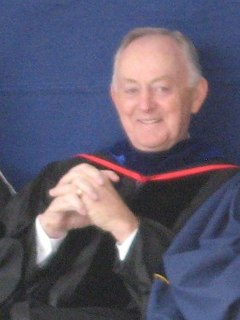A Quote by Muhammad Yunus
My greatest challenge has been to change the mindset of people. Mindsets play strange tricks on us. We see things the way our minds have instructed our eyes to see.
Related Quotes
So do we pass the ghosts that haunt us later in our lives; they sit undramatically by the roadside like poor beggars, and we see them only from the corners of our eyes, if we see them at all. The idea that they have been waiting there for us rarely crosses our minds. Yet they do wait, and when we have passed, they gather up their bundles of memory and fall in behind, treading in our footsteps and catching up, little by little.
To see life. To see the world. To watch the faces of the poor, and the gestures of the proud. To see strange things. Machines, armies, multitudes, and shadows in the jungle. To see, and to take pleasure in seeing. To see and be instructed. To see and be amazed. (Describing the powers of photography; written for the launch of LIFE Magazine, 1936.)
When we turn away from the reality of what we do to animals for our gustatory pleasure, we play a game of pretend, like the child who covers her eyes and thinks you can't see her. And yet, there she remains. Closing our eyes doesn't make violence disappear; it only closes our minds and hearts and enables the violence to continue.
Realizing that our minds control our bodies while our bodies reflect our minds amounts to understanding the most fundamental aspects of ourselves. It further equals a comprehension of the relationship between our "tools." And since the mind and body are interrelated, this understanding makes it easier to see why coordinating them is a practical way of using these tools to greatest effect-a way of using the mind and body to live our lives as art.
That is another theme in the book [Dreams from My Father]. How do we exercise more empathy in our public discourse? How do we get the black to see through the eyes of the white? Or the citizen to see through the eyes of the immigrant? Or the straight to see through the eyes of the gay? That has always been a struggle in our politics.
So we see, brethren and sisters that the words of Christ can be a personal Liahona for each of us, showing us the way. Let us now be slothful because of the easiness of the way. Let us in faith take the words of Christ into our minds and into our hearts as they are recorded in sacred scripture and as they are uttered by living prophets, seers, and revelators. Let us with faith and diligence feast upon the words of Christ, for the words of Christ will be our spiritual Liahona telling us all things what we should do.



